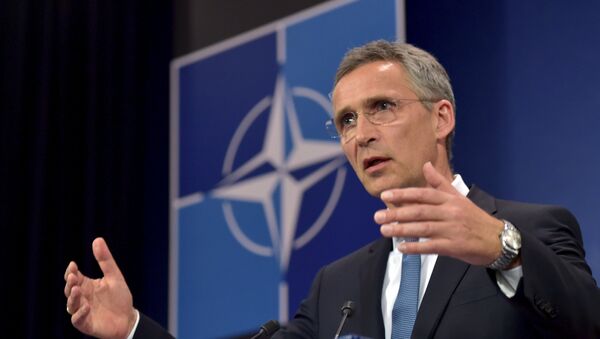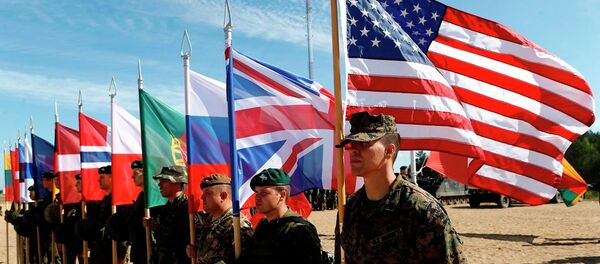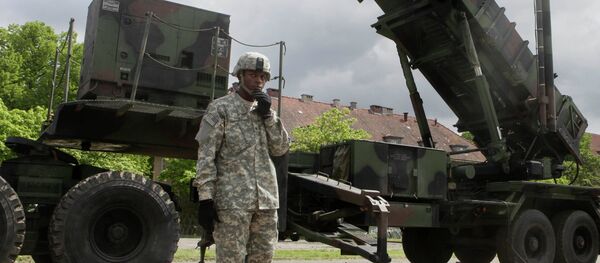"Despite the heated rhetoric coming from Stoltenberg and his spin factory, NATO HQ is having a difficult time getting its member states interested at all in the Russian threat. NATO member countries — particularly those most geographically vulnerable to the claimed Russian aggression — are not only not ramping up military spending, but in some cases are actually cutting their budgets," Mr. McAdams highlighted.
Furthermore, Germans are "reportedly less than enthusiastic about contributing troops to the new 40,000 person NATO rapid reaction force to be placed on Russia's border," Mr. McAdams remarked, and added with a touch of irony: "Perhaps they have not forgotten history?"
To the surprise of many, Lithuania, that has been repeatedly crying wolf over an imaginary invasion of Russia's omnipresent "little green men," has yet failed to interest its citizens in signing up for military service.
A recent Pew Research poll has indicated that far less than half of European respondents are willing to go to war with Russia if a NATO member country comes under Russian attack.
"Does this look like a Europe terrified by Russian aggression and facing an existential threat because of it? Would any government that truly believes it is about to be attacked by an aggressive foreign power actually reduce defense spending? Would any citizenry facing down invasion and occupation avoid military service like the plague?" Mr. McAdams asked.
Despite all the efforts of the US propaganda machine, Western citizens and even their governments do not believe that the "Russian threat" is real, the expert underscored, adding that it is hardly surprising that NATO is now rushing to establish new "information warfare" outposts across Eastern Europe to push ahead its dubious agenda.




